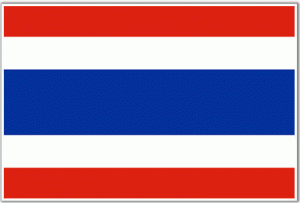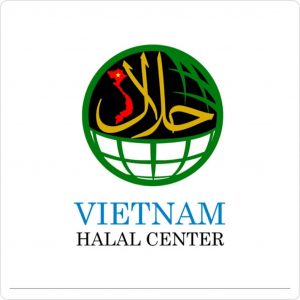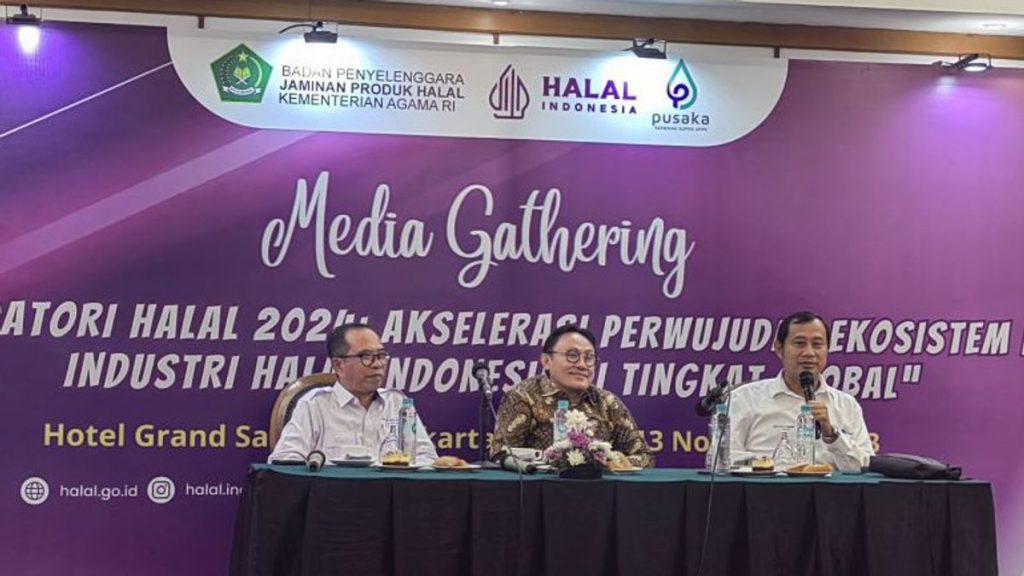by Kendall Anderson
Staff Writer
Holy Land owner has created booming business from tasty dip
Majdi Wadi knows the secret to business success.
It’s all in the hummus.
When
his brother, Wajdi, first sold pita bread and hummus from a northeast
Minneapolis storefront in 1987, “You said ‘hummus’ and it was like you
were talking Chinese,” recalls Wadi, CEO and co-founder of Holy Land
and the Holy Land Brand line of products.
But 21 years later,
most customers know what the Middle Eastern diet staple is (chickpeas +
olive oil + lemon juice + garlic, for those not addicted to the
delectable dip).
“Now the questions are a lot better, like ‘What can I use this hummus with?’ instead of just ‘What is hummus?’ ” Wadi says.
Sales
are a lot better as well. The small pita (or pocket bread) bakery that
Wadi’s brother bought with $5,000 he’d saved from three jobs has
expanded into two sit-down Lebanese restaurants, delis and bakeries and
brought in more than $1.2 million in sales last year.
Sales are
expected to double this year because Holy Land is, literally, taking
over the 2500 block of Central Avenue N.E. – in both directions. Plans
are under way for a $10 million, 32-unit mixed-used office/residential
building along Lowry Avenue; extending northward on Central,
construction of the state’s first hummus factory is under way.
The
2,000 square-foot hummus factory (along with expanded restaurant and
office space at the main site) comes at the same time Holy Land’s
smaller but bustling Global Midtown Market at East Lake Street and 10th
Avenue more than doubled in size.
And the company’s bakery, in a
leased location at 2922 Washington Ave. N.E., is moving to a much
larger space at 1617 Central Ave. N.E., where production will be on
display for passersby (the bakery is not open to the public).
“We
want to give our customers a feeling about what we’re doing – for them
to see the original, old-fashioned way our mother taught us,” Wadi
says. “We want them to be proud of what we’re doing and proud that
we’re here.”
The factory will make in one hour what currently
takes one day. The glass walls separating it from the adjacent
restaurant seating area will allow people to watch.
“Everyone is
interested in seeing how we make it,” says Amanda Morgan, customer
service manager. “Having it enclosed in glass is Majdi’s idea – he’s
got a brilliant mind.”
The company plans to quadruple its sales in five years.
“Let’s just say we’re not investing $2 million to keep sales as is,” Wadi says.
The
43-year-old Jerusalem native works the phone in his cramped office on
the second floor of the restaurant on Central Avenue. Large close-up
shots of his three children line the wall, cans of olive oil and cumin
sit on a window ledge and a mountain of papers – topped by an open pack
of cigarettes – covers a desk. Employee offices are neater but equally
crammed, with two and three people working in what typically is space
for one.
Wadi starts working before sunrise and doesn’t stop
until close to midnight, employees say. One project that keeps him on
the phone at all hours is the company’s recent international expansion.
Holy Land products – complete with the “Made in Minneapolis, Minnesota”
label – went on sale in Malaysia and Singapore several months ago, and
business trips are planned next month to find partner vendors in
Shanghai, Hong Kong and Tokyo.
The company also is wrapping up
talks with Byerly’s and Lunds to sell Holy Land Brand products
(www.holylandbrand.com), which have been sold for years at the Wedge,
Cub Foods and Kowolski’s.
Topping it all is the company’s
largest marketing campaign to date, aimed at touting the health
benefits of hummus. The plan will be rolled out later this year.
Commitment to community
The
100-employee company will add 30 more workers in the next year – most
likely, Wadi says, through AccessAbility, Inc., a northeast
Minneapolis-based nonprofit that connects people with disabilities and
other disadvantages to employers.
AccessAbility officials acknowledge they are in serious talks with Holy Land to hammer out a partnership.
“Majdi
personally has a great interest in bettering his local community as he
helps the economy – that’s why we are very interested in working
something out with him,” says Lisa Lundmark, manager of sales and
marketing at AccessAbility.
The factory will include a
dome-style roof line, in keeping with Holy Land’s trademark Middle
Eastern-style logo. Wadi sees it as a northeast Minneapolis landmark.
But
his vision doesn’t stop there. It extends down Lowry Avenue, where the
company owns residential property and plans to partner with a local
developer to build a new office-residential building. The area has long
been cited by government leaders and residents as needing more of the
economic development that’s seized the bustling southern and western
parts of northeast Minneapolis.
According to one city leader, Wadi has already left his family’s signature on the area.
“The
expansion of Holy Land is a wonderful success story of an incredibly
creative and entrepreneurial immigrant to this country … who’s been a
great leader in the northeast community,” says Paul Ostrow, Minneapolis
City Council member for the First Ward. “He really has hit the big time
in terms of his business … It’s great for northeast and for the city.”
Holy
Land’s headquarters, which include the traditional prayer room for men
and women – Wadi and many of his employees are Muslim – are chock full
of dozens of recognitions for business well done.
From the
Northeast Minneapolis Chamber of Commerce’s plaque declaring the
company “Business of the Year” and the police department’s recognition
of improving the neighborhood to City Pages’ best healthy dining title
and Mpls/St. Paul Business Journal’s declaration that Holy Land is a
top-25 metro-area restaurant, the bragging points are prominently
displayed.
Where’s Minnesota?
Now
that Minnesotans are more familiar with what hummus is, Wadi has a new
challenge: introducing Minnesota to the world. While marketing Holy
Land products in Malaysia and Singapore several months ago, “Everyone
was asking ‘Where’s Minnesota?’ ” Wadi says.
To help change
that, the company has enhanced its food packaging to include a small
picture of the state and a slogan: “Baked fresh in Minnesota, land of
10,000 lakes, golden fields of grain and home of Holy Land Bakery” is
followed by a paragraph promoting the Mall of America, the friendly
people of Minnesota, the state’s world-class music as well as fishing,
boating and exploreminnesota.com.
Mama Fatima’s recipe
Packaging
also tells customers that it’s Mama Fatima’s recipes they’re enjoying.
Fatima Wadi moved to Minneapolis with the rest of the Wadi family in
the mid-1990s to join her sons. Both men hold degrees in marketing and
business – Majdi Wadi from a university in Jordan and Wajdi Wadi from
Minnesota State University in Moorhead.
Wajdi Wadi, who first
came to Minnesota in the early 1980s, frequently stays in the Middle
East and runs the supply side of the business from there. Many Holy
Land products are imported.
Menu and deli items include gyros,
grape leaves, baklava and falafel. The grocery’s imported cheese
selection is among the widest in the city.
But hummus – sort of like potatoes or bread in American cuisine – is the thread that holds it all together.
So what makes the hummus so good?
“No
preservative and all natural ingredients,” Morgan says. “Our hummus has
a shelf life of maximum two weeks – other brands have one month to 45
days.”
Wadi talks about hummus with the enthusiasm and rapid-fire speech many Minnesota natives might only use in an argument.
“Hummus
is culture, especially where we come from. It is daily breakfast in our
culture,” he says, rolling up the blueprint he’s shared for the new
factory. “We want to share this as much as we can with our customers
and with Minnesota because they have been so good to us.”



